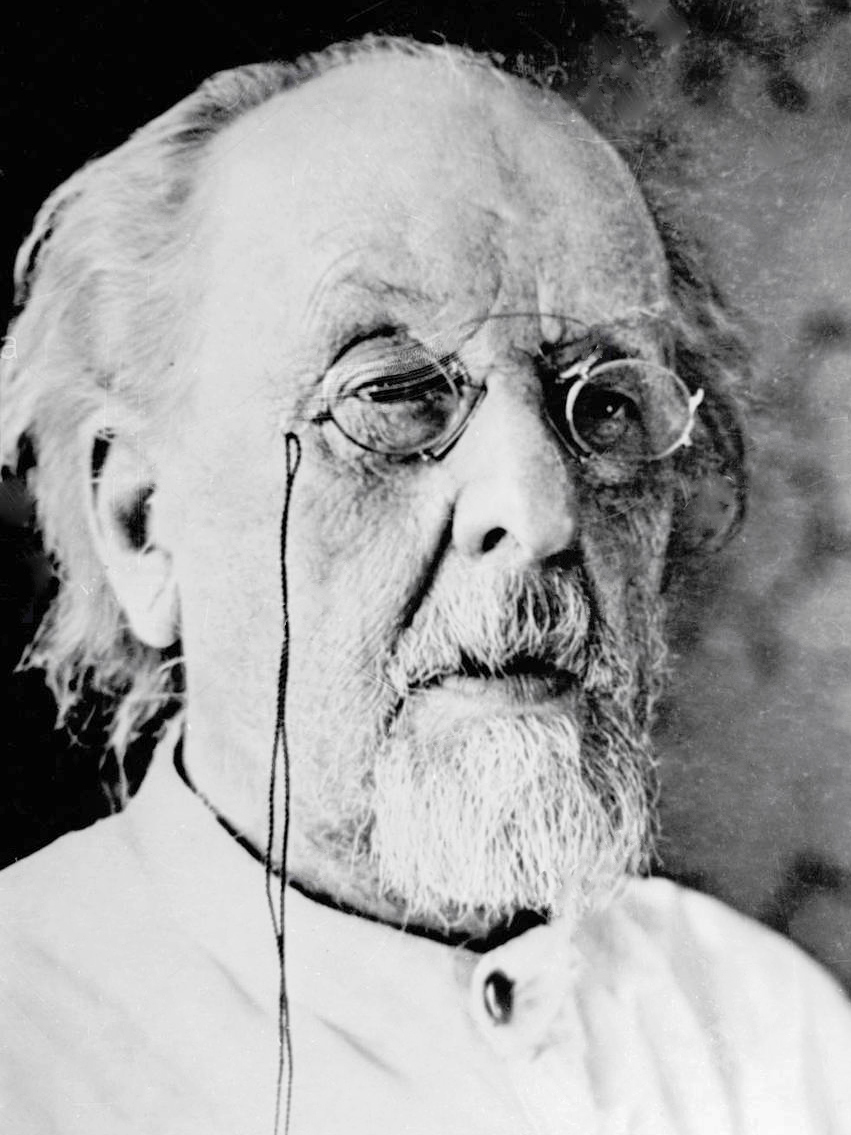“La Terra è la culla dell'Umanità, ma non si può vivere per sempre in una culla.”
Origine: Citato in Doris Lessing, Camminando nell'ombra: La mia autobiografia, traduzione di Andrea Buzzi, Feltrinelli, Milano, 1999, vol. 2, p. 39 http://books.google.it/books?id=hokn0Ujq4DUC&pg=PA39. ISBN 88-07-01564-1
